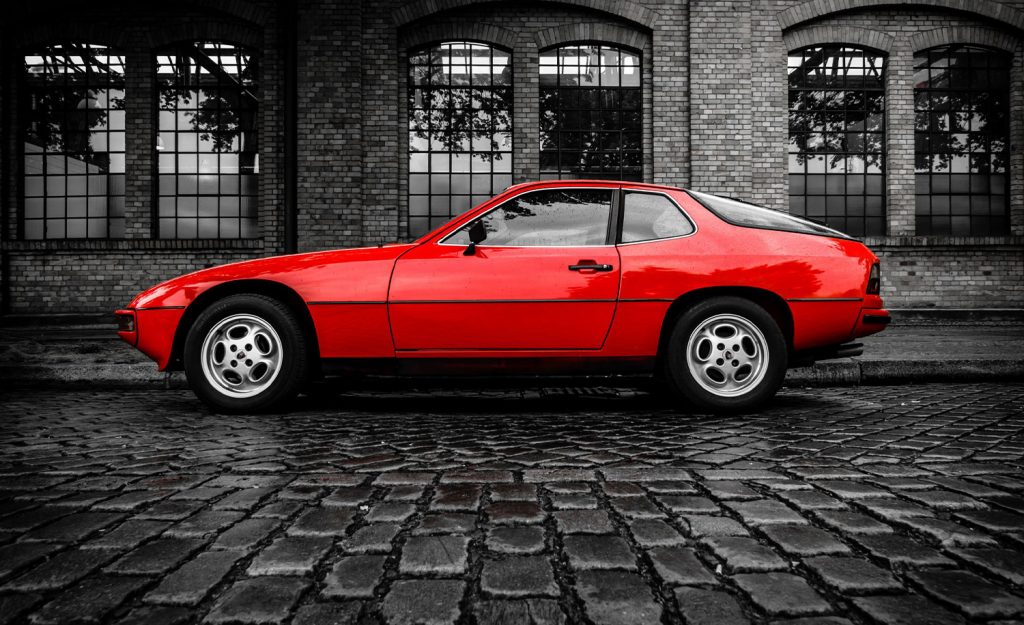If you’ve long considered owning your very own classic car, now is an excellent time to take the plunge. For one, there are plenty of options available, from great entry-level choices to those best left to collectors with the time, money, and know-how to invest. That is to say that some classics require a lot of work to bring them back to life, and some require a lot of upkeep.
Fortunately, for the first-time buyer, owning a classic car needn’t be a daunting experience. You’ll find more information about some excellent brands and vehicles that have really performed well over the years. Many of these have appreciated in value, making them a solid investment. A few pointers first, however.

Purchasing Your First Classic Motor
A safe bet is always any vehicle that isn’t very demanding. First-time buyers are always urged to choose a vehicle that requires minimal upkeep, doesn’t rust up as soon as it gets wet, and one for which parts are easy to come by. There is nothing more frustrating than buying a classic car only to find you can’t run it until you procure a part that can no longer be purchased. Such projects usually require a little ingenuity that may put off the first-time buyer.
While there are plenty of options available, from sports cars to saloons, hot hatches to family favourites, you should be prepared to spend around £5,000 on your first car. The good news is that there are many fantastic options to be had at this price point, so it’s a matter of shopping around to see what catches your eye. Keep in mind the upkeep costs too – one classic car could cost thousands to keep going per year while others might be less taxing on that front.
The Brands to Watch
As with any investment, some classic cars depreciate more than others, and some appreciate a lot better.
Porsche 924
Produced from 1975-85, the 924 was Porsche’s first front-engine, water-cooled sports car. This sleek sibling to the 928 boasts a rear-mounted gearbox, superbly balanced handling, and a highly effective four-cylinder engine. An entry-level version will set you back about £3,000, though you can find a top-of-the-range, Turbo model for around £20,000. If opting for a 924, it’s recommended you avoid the pre-1980 versions, however.
Jaguar XJ-S
The Jaguar XJ-S was the successor to the legendary E-Type – a car sought after by many at the time and highly coveted by collectors even today. With the smooth V12 engine, this luxury cruiser, built between 1975 and 1996, has seen its market value climb recently. You’re currently looking at a target price of between £7,000 and £12,000. If you get your hands on a well-serviced late 1980s or 1990s V12 model with no issues, you could easily find yourself onto a winner.
Bentley Turbo R
The Bentley Turbo R was an iconic fixture back in the 1980s that boasted refined luxury and a stately vibe. Combining furious pace with classy comfort, the Turbo R can comfortably go from 0-60 in just seven seconds, making it an excellent choice for first-time buyers who like a car that moves. Despite its assortment of mod-cons, the Turbo R is still very affordable, albeit with potentially high maintenance costs. Secure a decent one for around £12,000, and you have an investment that will continue to grow.
Lotus Elise S1
In 1996, the sporty Lotus Elise S1 burst onto the scene and provided many owners with endless hours of fun. The Elise S1 not only handles like a dream, as is common with Lotus vehicles, but it’s lightweight too thanks to the aluminium chassis clad in hand-finished glass fibre. While cheaper options are harder to come by these days, spend around £16,000 on a well-kept option and it likely won’t take long to more than make your money back.
An Investment for the Future
While classic vehicles, as with any other investment, are affected during economic downturns, they generally make for pretty solid investments. According to the Historic Automobile Group International (HAGI), investments in some classic cars grew at 20% during the past year. To put this into perspective, gold prices rose by just 10%. While this doesn’t necessarily hold true for every classic car, they undoubtedly make better investments as you usually get more return than bank interest.
That is not to say you shouldn’t be cautious when making an investment. Do your research, consider models with low production and mileage opportunities. Also consider other costs, such as running, storage, and maintenance costs. And if all else fails, don’t panic, classic vehicles inevitably go through ups and downs. You can always use the time waiting for the value to appreciate once more to take care of those little jobs and just enjoy the classic car experience
